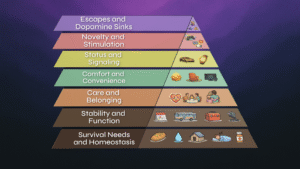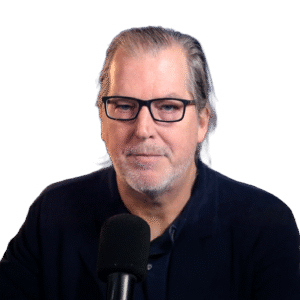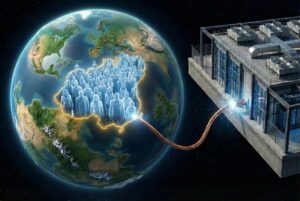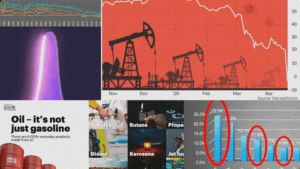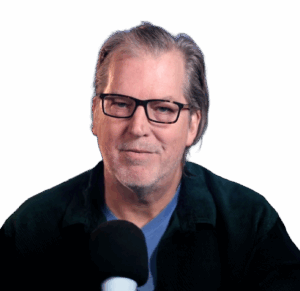Description
On this Frankly, Nate discusses a frequently used but often misunderstood way of interpreting the efficiency of an energy source: Energy Return On Investment. EROI, and its corresponding metric Net Energy, are a great way to understand the energy surplus of a technology – and ultimately of a society. However, in climate and energy spaces, it’s increasingly being used as a precise instrument to compare energy technologies, especially oil, gas, coal, and renewables. In attempting to do this, there are traps that researchers can fall into, resulting in misleading conclusions that can be used to defend ideologies rather than contribute to the body of science. Understanding these analyses of energy is critical for understanding the challenges of the future, but if not used thoughtfully EROI may only end up causing more confusion.
In French, we have a motto that says that a simple drawing is often better than a long explanation. Jean-Marc Jancovici Carbone 4 President
That’s very understandable because with left atmosphere thinking, one of the problems is that you see everything as a series of problems that must have solutions. Iain McGilchrist Neuroscientist and Philosopher
We can’t have hundreds and hundreds of real relationships that are healthy because that requires time and effort and full attention and awareness of being in real relationship and conversation with the other human. Nate Hagens Director of ISEOF
This is the crux of the whole problem. Individual parts of nature are more valuable than the biocomplexity of nature. Thomas Crowther Founder Restor
Show Notes & Links to Learn More
00:15 – Energy Return on Investment
00:20 – Nate’s PhD Paper on EROI
02:15 – Energy is a primary driver in nature
03:15 – Net Energy
03:57 – Carey King Paper
05:12 – Current EROI
05:30 – The Net Energy Cliff
08:45 – There is a 10% loss in refining a barrel of oil
09:08 – Electricity doesn’t lose any waste in conversion, it is directly usable
10:12 – Potential vs Kinetic energy
11:19 – Energy Return on investment of major energy carriers: Review and harmonization
13:10 – Applying Time to Energy Analysis from the Oil Drum
14:30 – Humans prefer things that pay off sooner rather than later
16:55 – The influence of output variability from renewable electricity generation on net energy calculations
17:20 – Intermittence
18:19 – Reality Blind vol. 1
19:31 – Dynamic EROI of the global energy system in future scenarios to renewable energies
21:32 – Wind prices of the last 3 years have been going up
21:38 – The price of oil is going up
21:57 – We have a 19TW global metabolism


